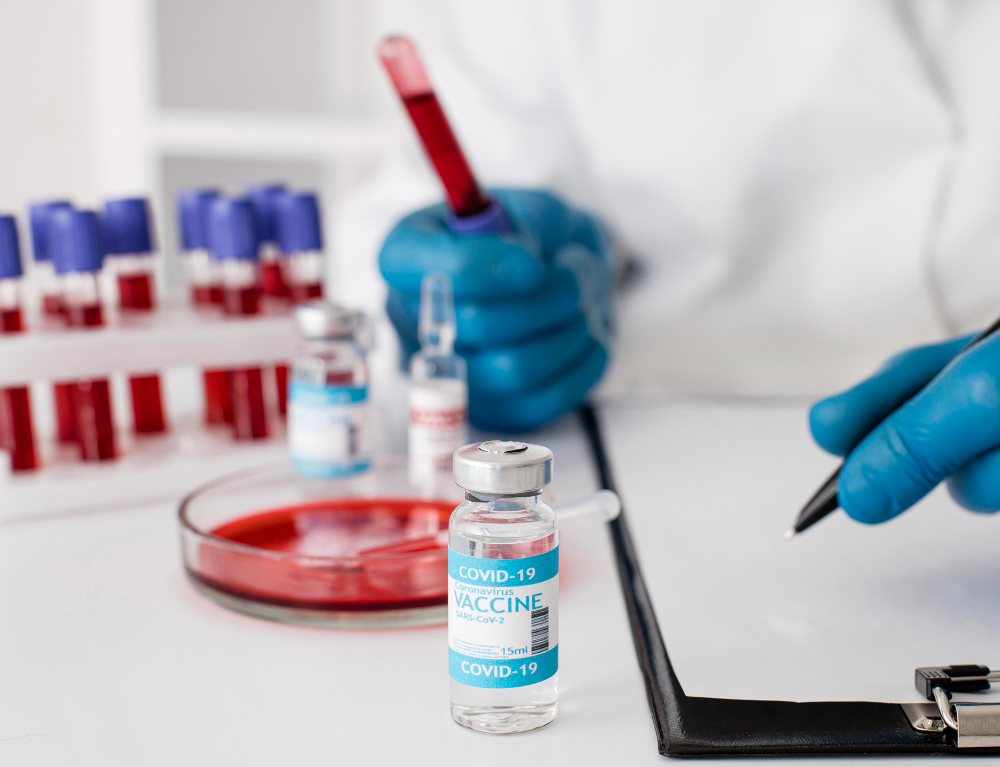-
 Mail us
Mail usinfo@myhealthhospitals.com
-
 Toll Free
Toll Free+91 9111674111
- Book Appointment
Urology
A urinary tract infection (UTI) is a type of infection that can affect any part of your urinary system, including the kidneys, ureters, bladder, or urethra. Early recognition and prompt consultation with your doctor can lead to complete cure with appropriate treatment.
Urologists often treat urinary tract infections with oral or IV antibiotics with hospital admission and under observation depending on severity and associated symptoms.
Urinary tract infections (UTIs) occur when bacteria enter the urinary tract through the urethra and multiply, leading to infection and discomfort. Several factors can increase the risk of developing a UTI.
Women: Females are more prone to UTIs due to a shorter urethra, allowing bacteria to reach the bladder more easily.
Sexual Activity: Frequent or unprotected intercourse can increase the chances of bacterial entry into the urinary tract.
Birth Control Methods: Using diaphragms or spermicides may raise the risk of infections.
Menopause: Hormonal changes during menopause can affect urinary tract health, making infections more likely.
Other Causes: Kidney stones, enlarged prostate, diabetes, weak immunity, and prolonged catheter use (especially in bedridden or stroke patients) can also lead to recurrent UTIs.

Recognizing the early symptoms of a urinary tract infection helps prevent complications and ensures faster recovery. If you experience any of the following signs, consult a urologist immediately:

If you experience symptoms of a urinary tract infection, your urologist may suggest the following tests to identify the cause and ensure accurate treatment.
Complete Urine Examination: A midstream urine sample is analyzed to detect the presence of pus cells, white blood cells, red blood cells, or bacteria.
Urine Culture and Sensitivity: This test identifies the bacteria causing the infection and determines which antibiotics will work best against it.
Imaging Tests (Ultrasound / CT / MRI): Recurrent UTIs may indicate structural issues in the urinary tract. Imaging helps detect such abnormalities.
Cystoscopy: In cases of repeated infections (2–3 times a year), a diagnostic cystoscopy may be performed using a thin scope to examine the bladder and urethra for underlying causes.

Antibiotics are the primary treatment for urinary tract infections (UTIs). Your urologist will prescribe the most effective antibiotic and treatment duration based on your health condition and the bacteria detected in your urine test.
For uncomplicated UTIs, commonly prescribed medications include (only under medical supervision):
Symptoms typically improve within a few days of treatment, but completing the full antibiotic course is essential for complete recovery.
If infections occur frequently, your urologist may recommend:
For severe or complicated infections, hospitalization and intravenous (IV) antibiotics may be required under urologist supervision for faster and safer recovery.

Urinary tract infections (UTIs) are common but highly treatable when diagnosed early. With timely medical care, proper hygiene, and preventive habits, most UTIs can be effectively managed and recurrence minimized. If you notice symptoms such as burning urination, frequent urge, or pelvic pain, consult an experienced urologist at My Health Hospitals, Kukatpally for accurate diagnosis and advanced treatment.
The urinary tract makes and stores urine, one of the body’s liquid waste products. The urinary tract includes the following parts:
Kidneys: These small organs are located on back of your body, just above the hips. They are the filters of your body — removing waste and water from your blood. This waste becomes urine.
Ureters: The ureters are thin tubes that carry urine from the kidneys to your bladder.
Bladder: A sac-like container, the bladder stores your urine before it leaves the body.
Urethra: This tube carries the urine from your bladder to the outside of the body.
Urinary tract infections are very common, occurring in 1 out of 5 women sometime in their lifetime. Though UTIs are common in women, they can also happen to men, older adults and children. One to 2% of children develop urinary tract infections. Each year, 8 million to 10 million visits to doctors are for urinary tract infections.
A urinary tract infection is a more general type of infection. There are many parts of your urinary tract. A UTI is a term for an infection that takes place throughout the urinary tract. A bladder infection, also called cystitis, is a specific infection. In this infection, bacteria makes its way into the bladder and causes inflammation.
Not all urinary tract infections become bladder infections. Preventing the spread of the infection is one of the most important reasons to treat a UTI quickly when you have symptoms. The infection can spread not only to the bladder, but also into your kidneys, which is a more complicated type of infection than a UTI.
A urinary tract infection can be easily treated with antibiotics. However, if it isn’t treated or if you stop the medication early, this type of infection can lead to a more serious infection, like a kidney infection.
Many people say that cranberry juice can help treat, or even prevent, a UTI. Researchers are currently looking into the topic, but haven’t found a definitive answer yet. Healthcare providers recommend drinking lots of fluids if you have, or have a history of getting, a UTI. Adding a glass of unsweetened cranberry juice to your diet isn’t a proven way to prevent a UTI, but it typically won’t hurt you either.
Call your healthcare provider if you have symptoms of a urinary tract infection. If you have been diagnosed with a UTI and your symptoms are getting worse, call your healthcare provider. You may need a different treatment. Watch out for these symptoms in particular:
You can usually prevent a urinary tract infection (UTI) with lifestyle changes. These tips can include:
Urinary tract infections are very common, occurring in 1 out of 5 women sometime in their lifetime. Though UTIs are common in women, they can also happen to men, older adults and children. One to 2% of children develop urinary tract infections. Each year, 8 million to 10 million visits to doctors are for urinary tract infections
If you cannot find answers to your queries, please fill out the ENQUIRY form or call the number below. We will contact you shortly
+91 9111674111Visit any of our My Health Hospitals branches for advanced medical care and expert consultations.
H.No 15-24-212, MIG-212, Rd Number 1, K P H B Phase 1, Kukatpally, Hyderabad, Telangana 500072
H.No:-12-5-30, WhiteHouse, Moula Ali Rd, South Lalaguda, Tarnaka, Secunderabad, Telangana 500017